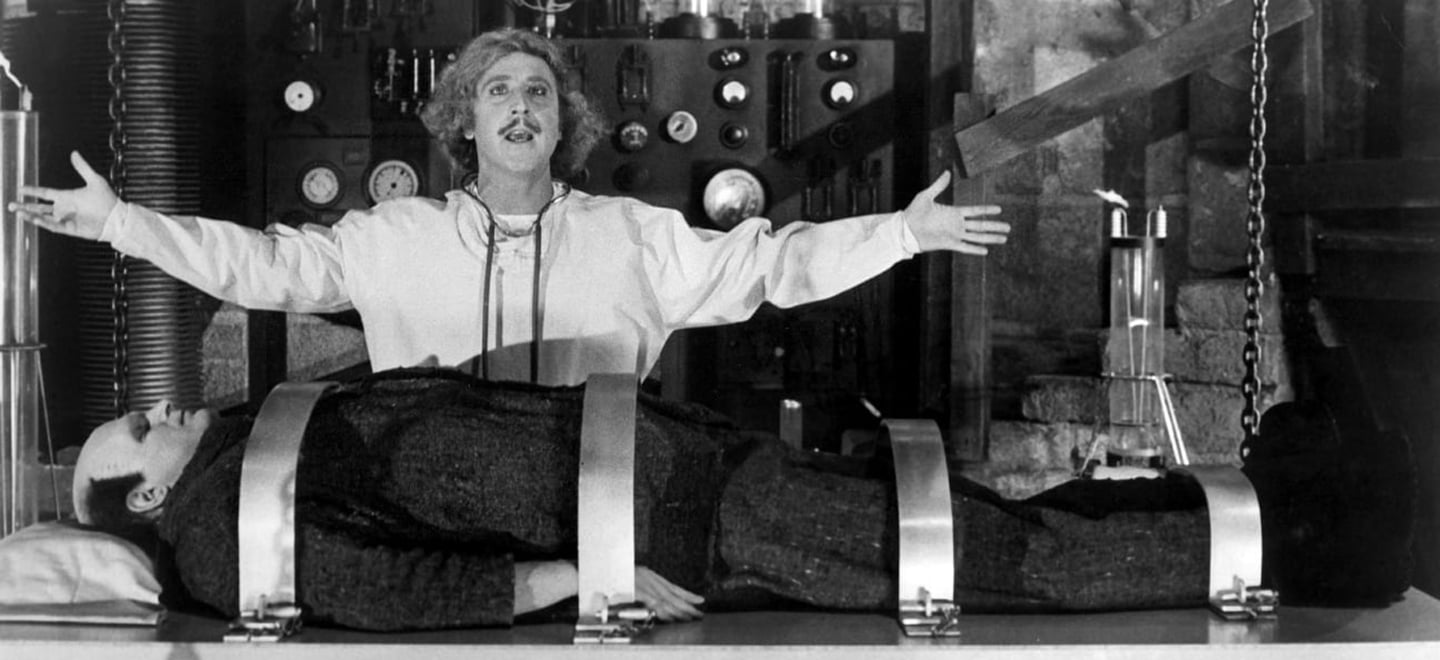my favorite movies of 1974:
(1) The Conversation
(2) Chinatown
(5) Lacombe, Lucien
favorite of 1974:
(Gene Hackman, Cindy Williams, Frederic Forrest, Harrison Ford, John Cazale, Teri Garr. Directed by Francis Ford Coppola.)
The main character (Gene Hackman) spends his days listening to strangers from a distance, while closing himself off from the people closest to him.
The last scene stands out for its haunting juxtaposition of music and visuals.
Stream The Conversation on Amazon Prime or these sites.
2nd favorite of 1974:
(Jack Nicholson, Faye Dunaway, John Huston. Directed by Roman Polanski.)
This early neo-noir is set in the 1930s and based on the “California water wars.”
The above video on “what makes this movie great” has several good points about Chinatown, including:
• “Keeping you from the truth is media. … Throughout the movie, you’ll see different media being between the point of view of the detective [Jack Nicholson] and then the reality beyond the media. You get newspapers for example … views through binoculars … cameras … then finally the detective sort of gets rid of all those. …”
• “[The] idea of having one side scarred or maimed, and one side pristine or handsome, comes up a lot in this movie. Part of the world is nice. … Part of the world is scarred, bloodied, maimed, awful. And the detective is going from one side of that to the other. … On the outside we’re all nice, bright, and shiny, like Mrs. Mulwray [Faye Dunaway]. … She’s beautiful, she’s rich, it’s fancy at her house. … Once you start to look inside at the interiors, you’ll see it’s broken and screwed up … horrific. And so that idea of one side nice, one side maimed, comes up throughout the movie as a metaphor for exteriors and interiors.”
Stream Chinatown on these sites.
3rd favorite of 1974:
(Gene Wilder, Marty Feldman, Teri Garr, Peter Boyle, Cloris Leachman, Madeline Kahn, Gene Hackman. Directed by Mel Brooks.)
Before watching Young Frankenstein, a parody by Mel Brooks (starring Gene Wilder, who cowrote the screenplay with Brooks), I recommend watching the source material: Frankenstein (one of my favorite movies of 1931) and Bride of Frankenstein (one of my favorites of 1935).
Watch someone watching it for the first time:
I’m adding this movie to this post on October 29, 2024, the day Teri Garr died after a long battle with multiple sclerosis (1944 - 2024). She’s wonderful in several movies on this blog, including this one, The Conversation (at the top of this post), and After Hours (1985).
I don’t know anywhere to stream Young Frankenstein, but it will likely come back to Amazon Prime (you can try link 1 or link 2), and you can find streaming sites here in the future.
4th favorite of 1974:
(Al Pacino, Robert De Niro, Diane Keaton, Robert Duvall, Abe Vigoda, John Cazale, Talia Shire, Morgana King. Directed by Francis Ford Coppola.)
See my post about the first movie (1972). This was the only time a movie and any of its sequels both won the Oscar for Best Picture.
(How to stream The Godfather Part II.)
5th favorite of 1974:
[French]
(Pierre Blaise, Aurore Clément. Directed by Louis Malle.)Pauline Kael wrote about why it worked so well to cast Pierre Blaise, who had never acted before, in the leading role of a Nazi youth who falls in love with a Jewish girl in 1944:
Introducing himself to a delicate, fine-boned parisienne, [he] does not give his name as Lucien Lacombe; he gives the bureaucratic designation — Lacombe, Lucien. He presents himself name inverted because he is trying to be formal and proper, as he’s been trained to be at school and at work, sweeping floors at his local, small-town hospital, in southwest France. When he meets the girl, France Horn [Aurore Clément], … his new job is hunting down and torturing people for the Gestapo. He likes it a whole lot better than the hospital. The title Lacombe, Lucien refers to the case of a boy of seventeen who doesn’t achieve a fully human identity, a boy who has an empty space where feelings beyond the purely instinctive are expected to be. … We look at Blaise’s face in a different way from the way we watch a trained actor. We look into it rather than react to an actor’s performance. The enigma of a Lucien … is the enigma of an open face and a dark, closed mind. Professional actors have the wrong kind of face for this sort of unborn consciousness, and they tend to project thoughts and feelings from the blank area. Blaise doesn’t, and we trust our readings of his silent face almost as if we were watching a documentary. … Without even mentioning the subject of innocence and guilt, Lacombe, Lucien, in its calm, leisurely, dispassionate way, addresses it on a deeper level than any other movie I know.
Tragically, the world didn’t get to see much more of Pierre Blaise. The year after this movie came out, he was driving home from a party when he died in an accident at age 20.
Stream Lacombe, Lucien on the Criterion Channel. If you don’t subscribe, try a free trial.
Click here for the full list of my favorite movie(s) of each year from 1920 to 2020.










.jpg)
Comments
Post a Comment
Thanks for submitting a comment on my movie blog! 🎬 Your comment won’t show up here right away. 😐 To make sure your comment gets seen, I recommend sharing this post on social media and saying whatever you feel like! 🤓